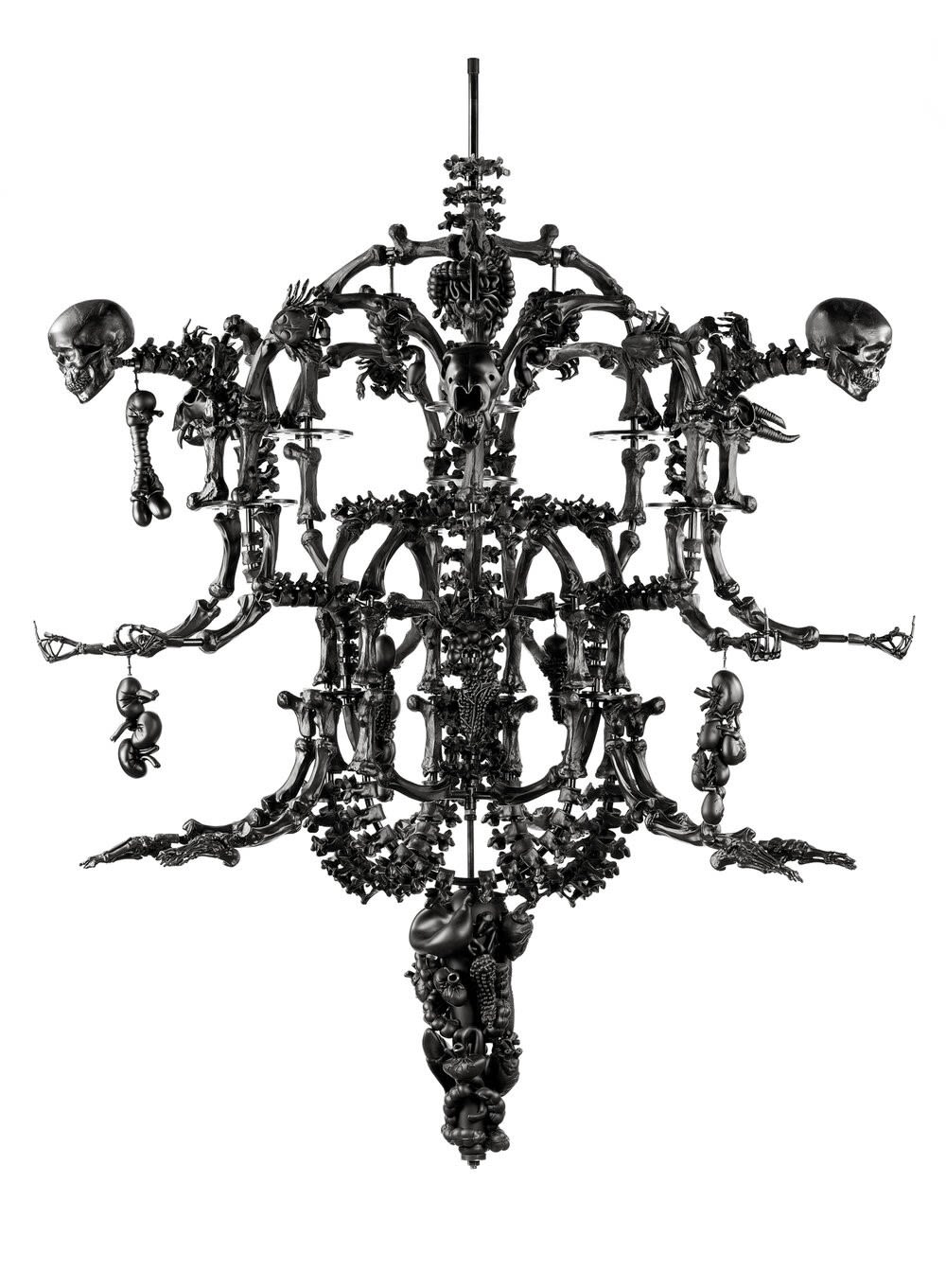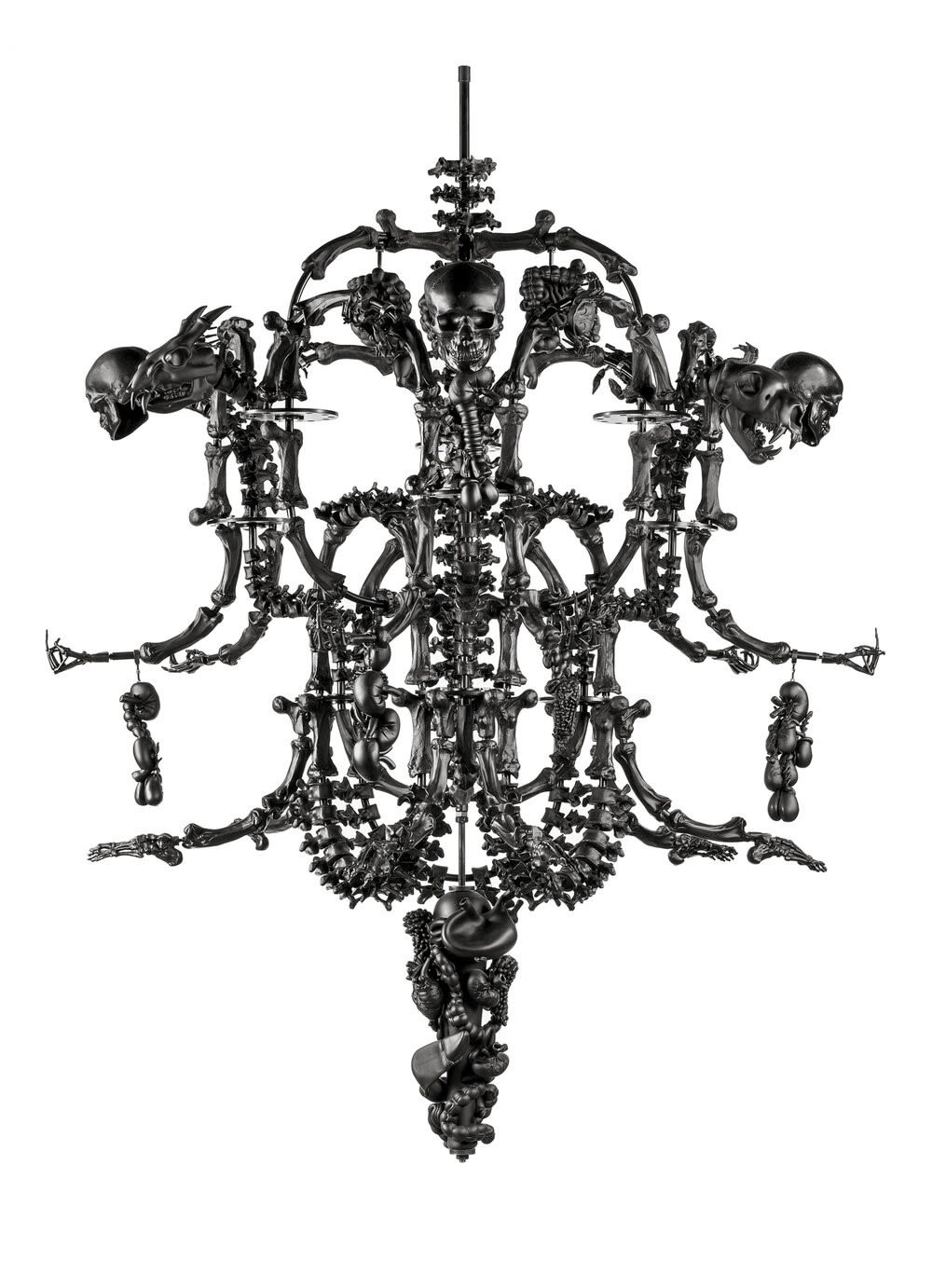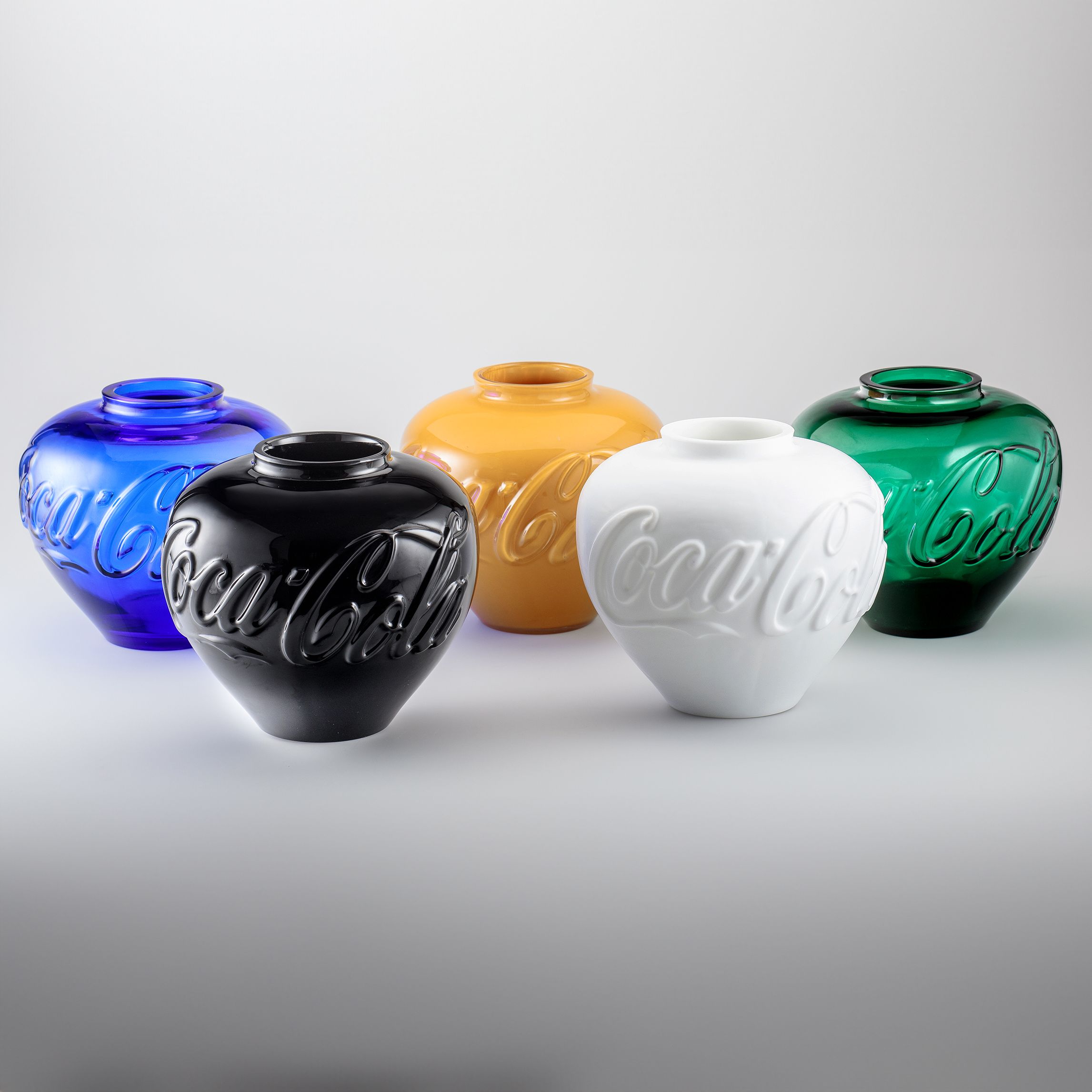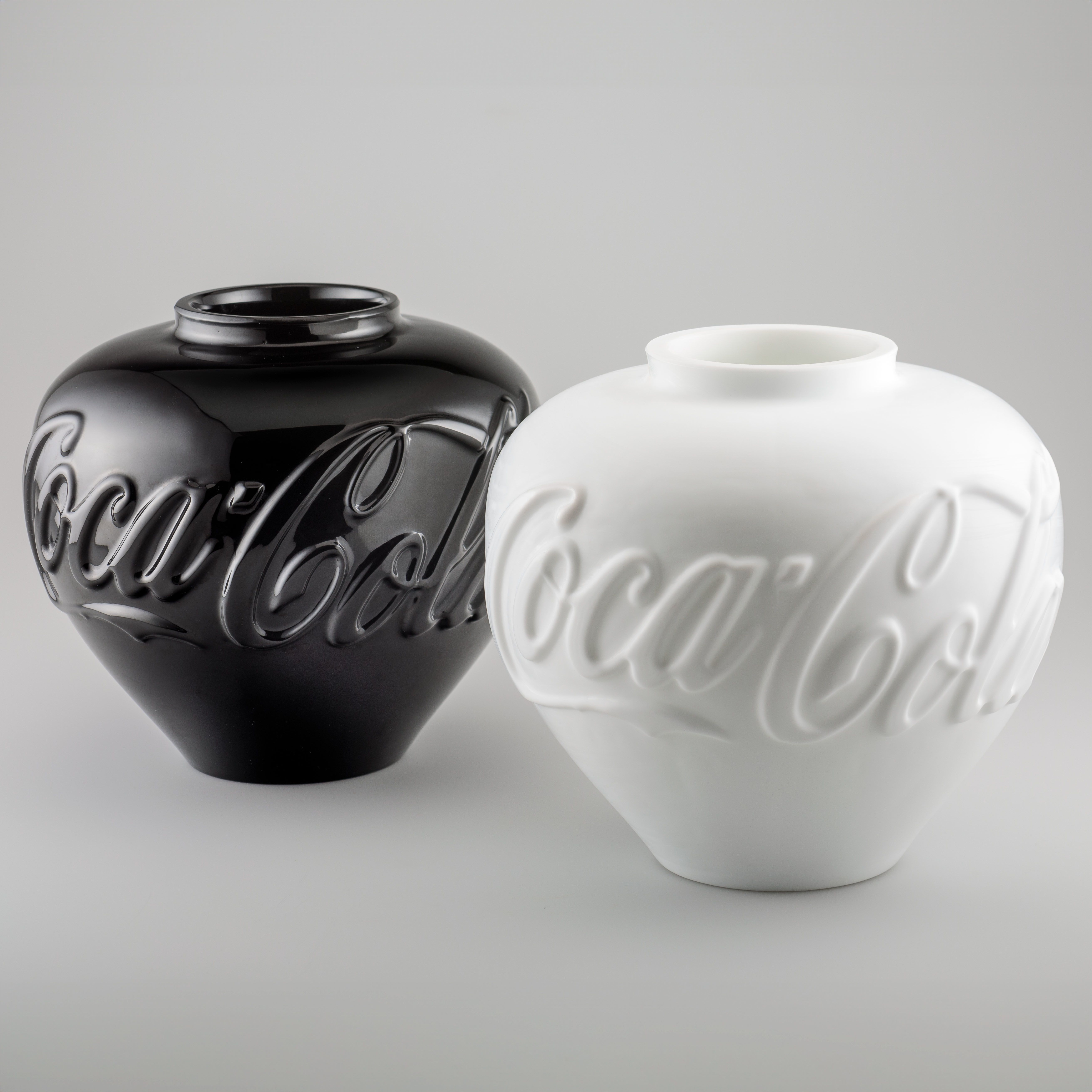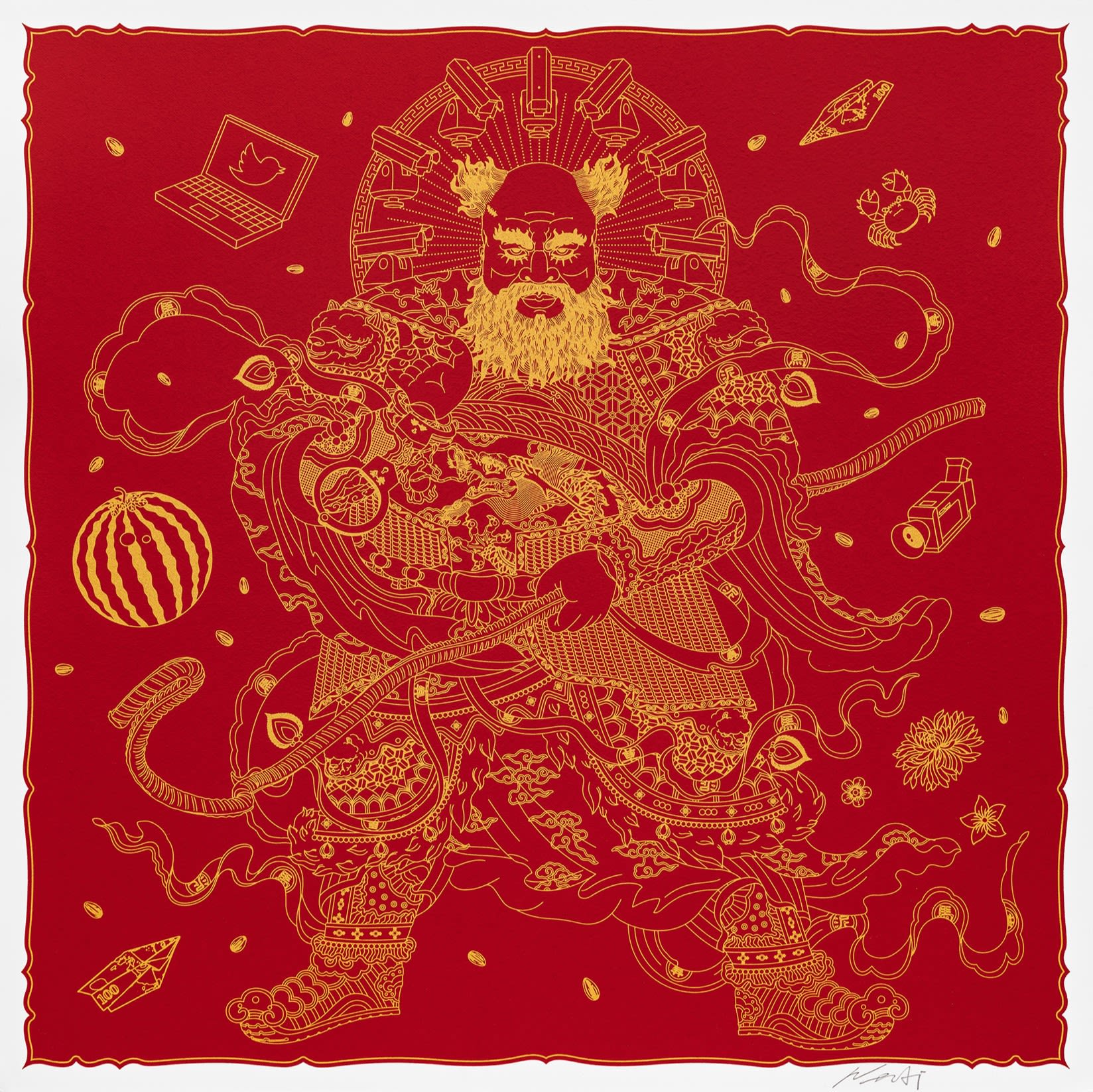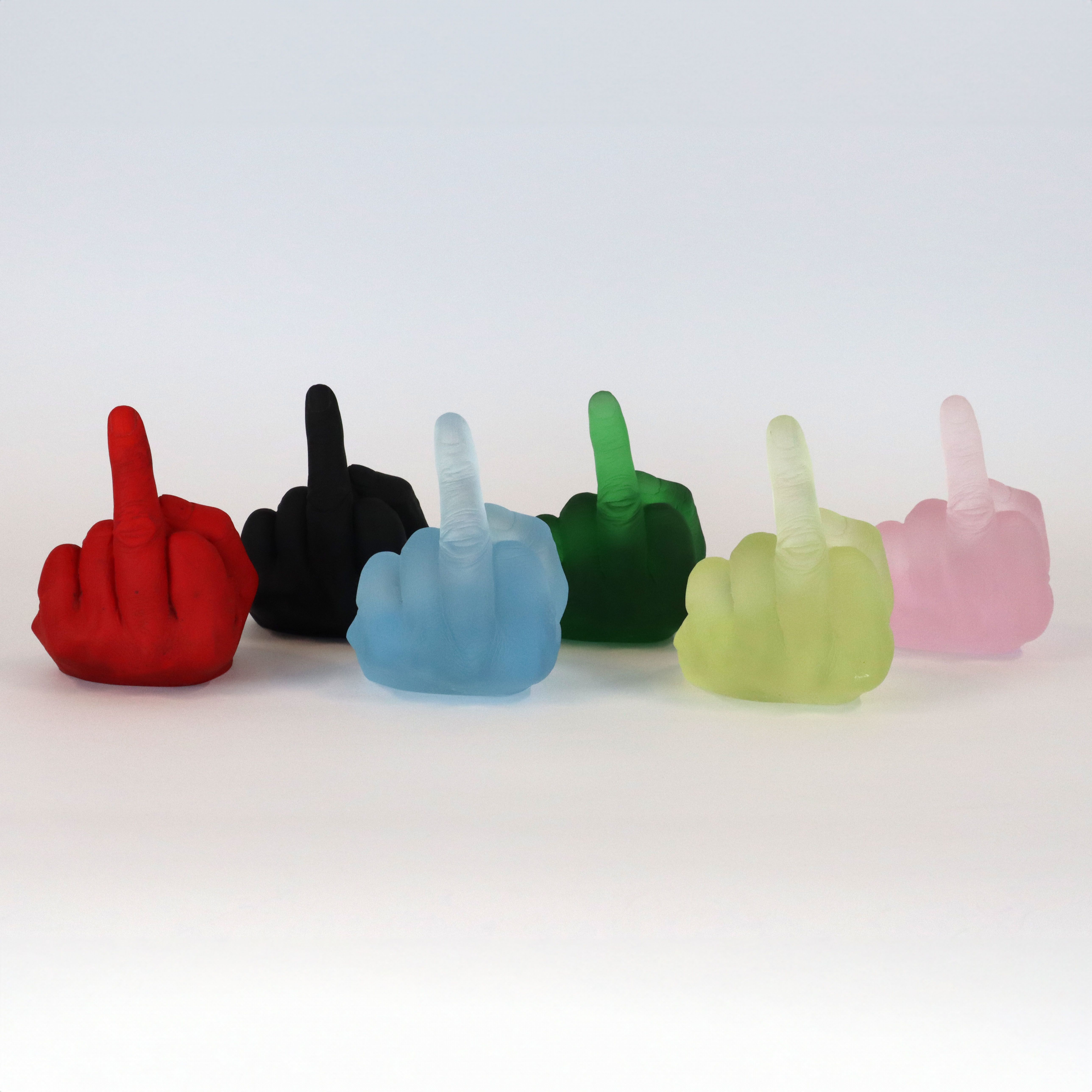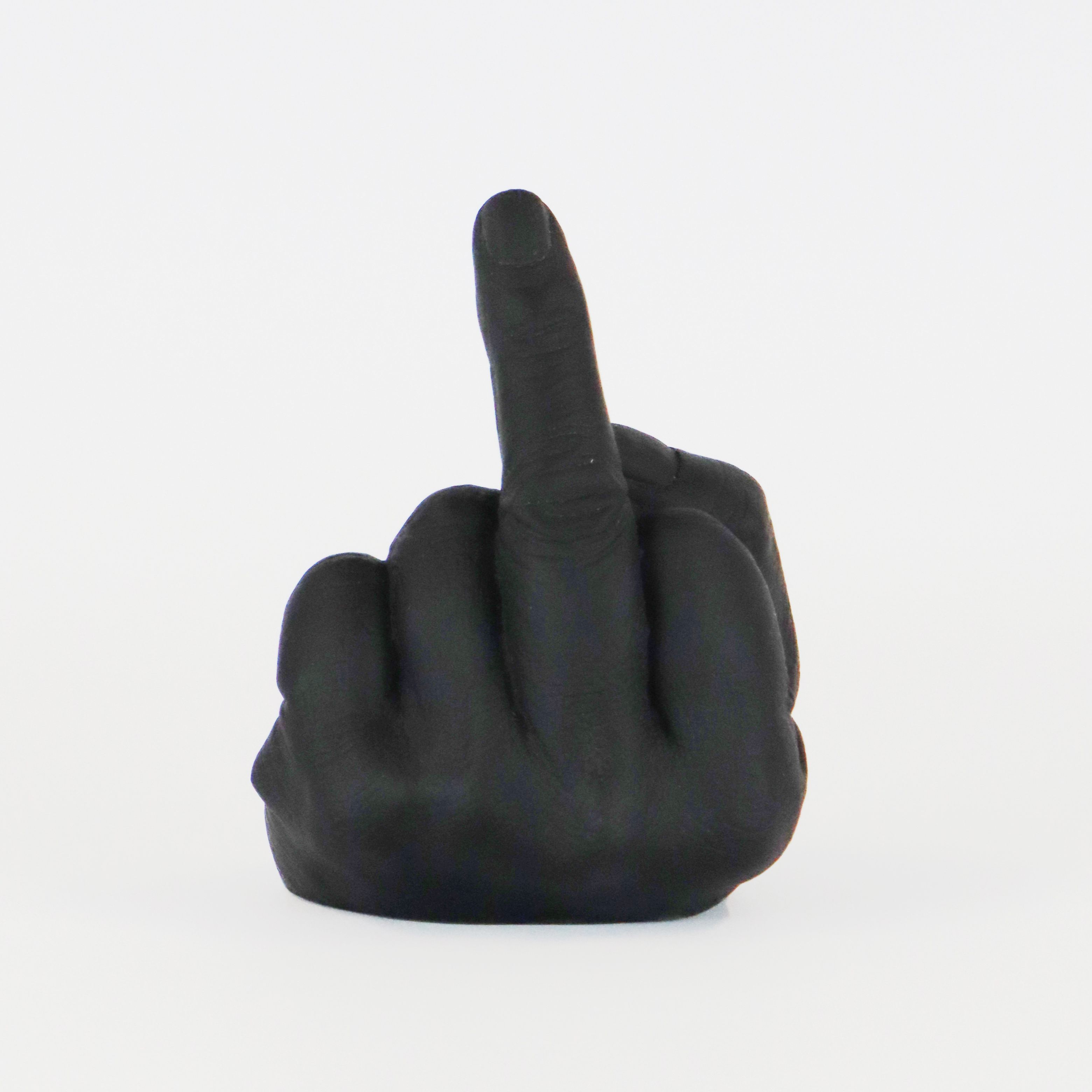Ai Weiwei
Ai Weiwei (b. 1957, Beijing) is one of the most influential artists and provocateurs of our time. He is celebrated for blending Chinese history and tradition with artistic expression and political activism, all within a wholly contemporary practice. Beyond traditional mediums, his artistic work extends to architecture, documentary filmmaking, and large-scale public installations, each serving as a form of human rights activism, cultural commentary, and critiques of the global imbalance of power.
Born into exile due to his father’s political persecution, Ai Weiwei's early life was marked by hardship, shaping his lifelong commitment to questioning authority. This commitment has often made him a political target in the past. He studied at the Beijing Film Academy before moving to New York in the 1980s, where he was influenced by conceptual art and artists such as Marcel Duchamp and Andy Warhol. Returning to China in the 1990s, Ai Weiwei emerged as a key figure in contemporary Chinese art while also co-founding independent art spaces and experimenting with radical forms of artistic expression. After years of surveillance and restrictions, he was eventually allowed to leave China in 2015 and has since lived in Germany, the United Kingdom, and Portugal.
Ai Weiwei gained international recognition through powerful works such as Dropping a Han Dynasty Urn (1995), Sunflower Seeds (2010), Neolithic Vase with Coca Cola Logo (Gold) (2015), Illumination (2019), and Straight (2008–2012), a poignant memorial to the victims of the 2008 Sichuan earthquake. Ai Weiwei’s works are held in major museums worldwide and have been exhibited in leading institutions such as Tate Modern, the Royal Academy of Arts, and the Venice Biennale. His relentless pursuit of truth and justice, coupled with his innovative artistic vision, continues to inspire global audiences and redefine the role of art in society. As Ai Weiwei himself asserts, “Everything is art. Everything is politics.”
“ The human struggle and the freedom of speech. Those values are not given by anybody. It always comes through fighting and struggle. Because somebody has to defend it. And also, if just one person defends it, it benefits everybody. „

